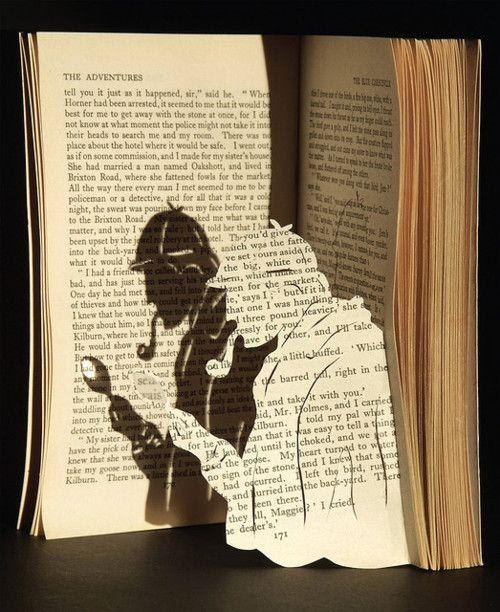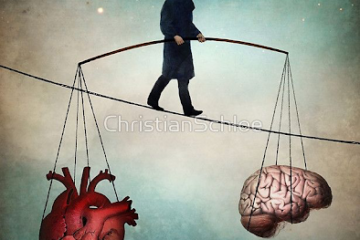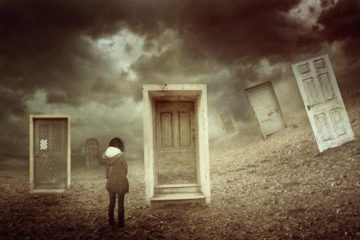
No story is the same to us after a lapse of time; or rather we who read it are no longer the same interpreters. George Eliot
Everyone loves a good story. From holiday memories of old Uncle Herbie exaggerating the family into hysterics to midnight fright night legends that scare us silly; we all love a good story. Stories hold the mystery together. They are not really about being right or wrong as much as they are about people and places, about how the world seems to be at certain times. Some stories we remember and retell them over and over again. These usually have something to do with clan or kin or some horrendous tragedy or likewise some outstandingly wonderful windfall. We want to remember those moments when the universe deemed to speak to us, to tell us it was aware of our presence. Most of the time the story of life is lost in mundane activities which even in moments of hyperbole just don’t sound all that exciting.
And yet there is a story that runs much deeper through our hearts that reveals something about how we see ourselves and others. It is a story that also reveals our role as the omniscient author. We are all writing a novel in which we are the protagonist or antagonist. In this story we are offered a set of options and as best we can we engage the role with a MacGyver like zeal. Sometimes things appear to work out and we feel vindicated and even celebrated. Other times we hope the episode is lost in the archives and never to dawn the door of reruns again.
The choice of reruns and their viewing, however, seems not to be some arbitrary choice we get to make. The hiding away of stories we find unpleasant or shaming cannot kill our role and our authorship in the scripting of this fiction. In fact, it is the stories we so disparately attempt to hide that are often the one’s that fuel the chapters and episodes we offer up for viewing to the world and our friends. It is like a film with missing scenes or a book with missing chapters. It is the missing chapters that I will be addressing in the next few blogs. We all have those missing Nixon tapes somewhere in our archives.
It is believed that what is not said may very well be as important as or more so than what is said. Why is the clandestine so revealing? Why are our omissions so full of meaning? James Hollis said that, “The healing of the world is in what we do not want others to know about ourselves.” Why is this silence or missing information so vital to knowing who we are and what our lives are attempting to say?
Entire schools of therapy have centered on the unsaid or hidden slips one makes when discussing his or her life. It is as if much of our life is unknown and buried to even us. This cryptic hiddeness is seldom addressed for its very presence is mysterious and enigmatic. How do we describe what our own heart and tongue will not address? How do we name what we will not even speak allowed or even let flow into our awareness?
Could it be this silence about our own hiddeness is actually a deeper reflection of something we feel about life itself? Are the deeper questions of life still unanswered to us? Are the mysteries of life still alive and well in our hearts and yet we are expected day after day to operate as if the world of the unknown and the mysterious are only for philosophers and saints? Are we unwittingly ask to act as if this big story were easily downloaded as spiritual “Cliff Notes?”
Yet this kind of opting out of the deeper questioning is not working or even possible for those who are seeking. The hidden parts are hidden because we choose not to search our hearts. The silence remains deafening because we fill it up with the din of busyness and self absorption. At some level we are all practical mystics. Life gave us this pen and we are writing. Some of our manuscripts are lost from the frenzy of sorrow and happenstance while others are purposely secreted away from all observers. There are stories half written and plays offered up only to the gods. Why all the covert hiding of these messages from the soul?
There are so many answers in life that are attainable and accessible. With the advent of the Internet many conundrums regarding health, wealth, theories, philosophies and such are only a few clicks away. We are all able to do research on the quandaries of life with great flare. However, most of these quandaries are not existential in nature yet they often plague us day to day and I for one am grateful for the avalanche of accessible knowledge.
Knowledge and knowing, however, may actually be different things. I can obtain and record much information that one might call knowledge. But if I were to ask how one knows something then the puzzled look comes over a person’s face. What does one mean when they ask “How does one know something?” We have assumed for centuries that the gathering of information, the testing of certain problems and questions, and the recording of those results, always arrive at some form of concrete knowing. This process that happens day and in and day would lead one to believe that what we know and how we know are the same thing. Is it possible they are not? And how would the issue of how we know impact the way we form stories and retell them to others.
There are many stories that exist in the world. The one about my flat tire has a degree of importance in my life but does not resonate in its impact like the death of my father. The account of my run in with the police while speeding does not weigh in as powerfully as the chronicle of my great grandparents coming over through Ellis Island. Stories have different degrees of narrative power based on their impact on my humanness. I am formed by stories and some reflect upon my life in a much deeper more profound manner.
We are living in times where the shear amount of stories is overwhelming. As the web offers up more and more conspiracy theories and film and TV push the mundane and glorious into our consciousness, the library of stories grows and grows until, much like the little boy in the Never Ending Story, we are all looking for the magic book, the ultimate story that frees the secret, unlocks the mystery, and demystifies what mystics have kept shrouded for centuries.
In recent months, the book The Secret has gained gargantuan proportions. Oprah Winfrey’s fickle hand of fate can do that in a world of media giants but why that book and not another? It is clear that we are all looking for some magnificent legend that forms and informs our deeper parts. We long for the wonderfully woven fairy tale that makes sense of it all.
As believers, we are part of a grand narrative. Yet for many of us, even that story has come under scrutiny and deconstruction. Even that story has been offered up to pundits, charlatans, and fear mongers. Many of us feel storyless. It is for the storyless for which I compose. It is for those who sense they are in-between stories that I put pen to the paper. But this story is not just mine to write nor interpret. It is indeed a never-ending story of which we all play a part. Let us seek the emerging grander narrative in concert. Let us compose together.



0 Comments